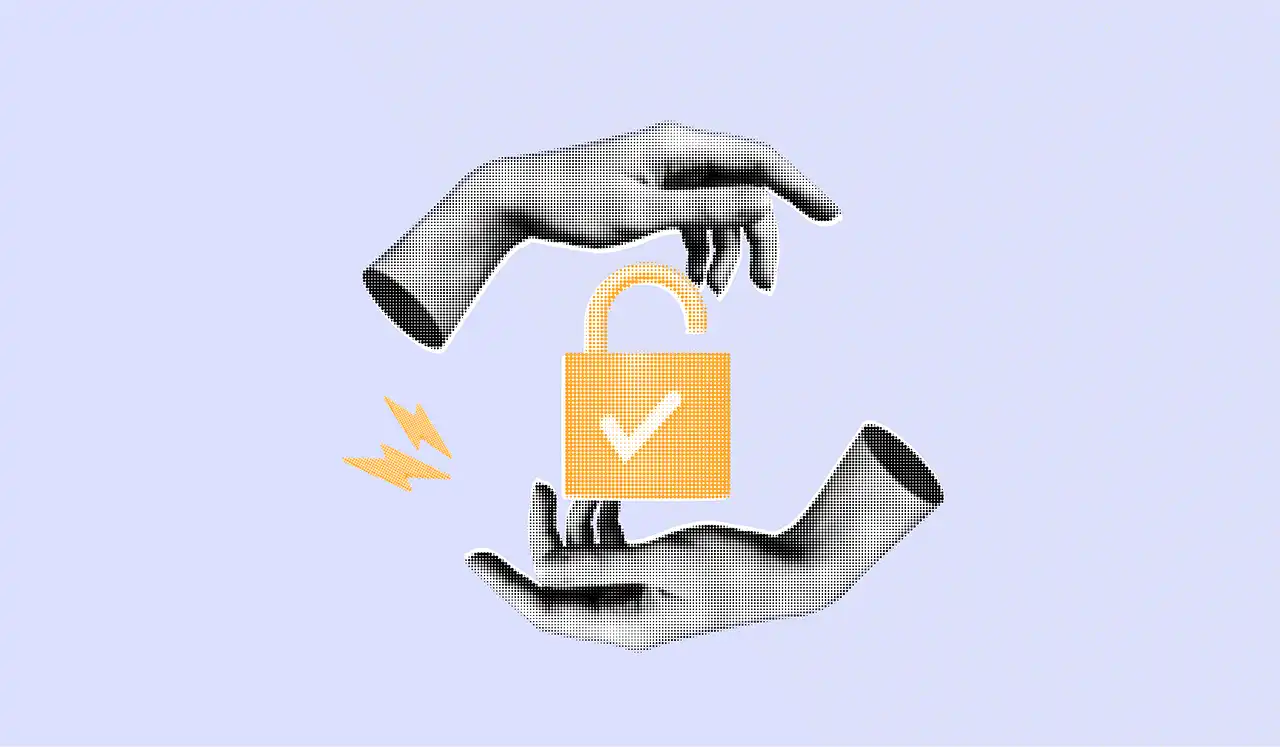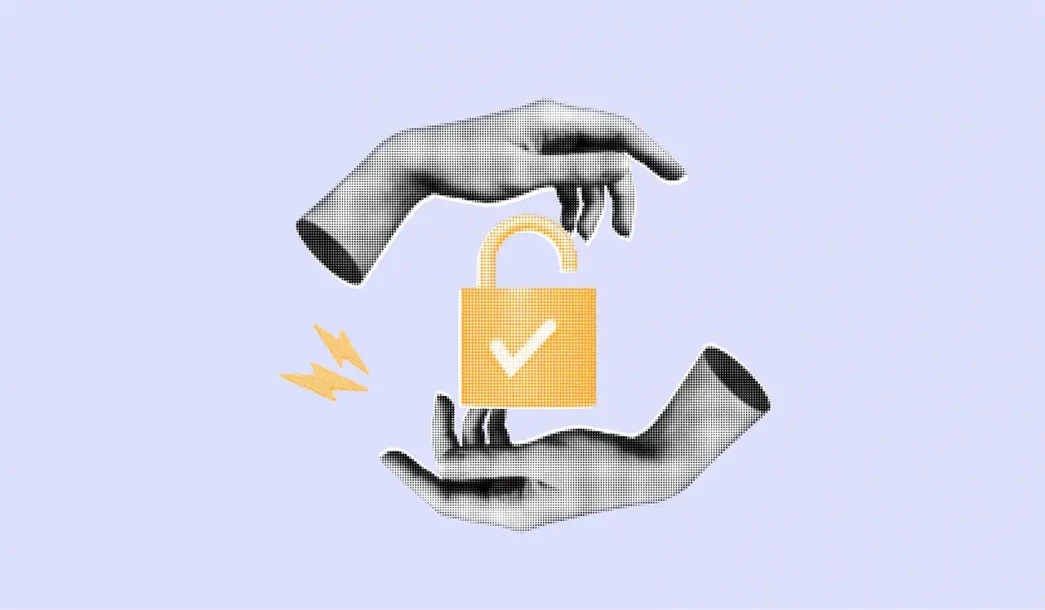In today’s digital landscape, securing your website and protecting your users’ data is more important than ever. One of the most effective ways to ensure a secure connection is by using an SSL certificate. SSL, which stands for Secure Sockets Layer, is a protocol that encrypts data transmitted between a web server and a browser, ensuring that sensitive information remains private and secure. This article will delve into what SSL certificates are, why they are crucial, and how to choose and implement one for your website.
What is an SSL Certificate?
An SSL certificate is a digital certificate that authenticates the identity of a website and enables an encrypted connection between the web server and the browser. It ensures that any data exchanged, such as login credentials, payment information, or personal details, is encrypted and cannot be intercepted or read by unauthorized parties.
How SSL Certificates Work
When a visitor accesses a website with an SSL certificate, the following process occurs:
- Connection Establishment: The visitor’s browser connects to the server hosting the website.
- Certificate Presentation: The server sends a copy of its SSL certificate to the browser.
- Certificate Validation: The browser verifies the certificate’s validity, ensuring it is issued by a trusted Certificate Authority (CA) and that it is not expired or revoked.
- Encryption: Once the certificate is validated, the browser and server establish an encrypted connection. Data sent between the two is encrypted using a symmetric encryption algorithm, ensuring privacy and security.
- Secure Communication: The encrypted connection allows for the secure exchange of information between the browser and server.
Why SSL Certificates are Important
- Data Encryption: SSL certificates encrypt data transmitted between the server and the browser, protecting it from interception by malicious actors. This is crucial for safeguarding sensitive information such as passwords, credit card numbers, and personal details.
- Authentication: SSL certificates provide authentication by verifying that the website is genuine and belongs to the entity it claims to represent. This helps prevent phishing attacks and assures users that they are interacting with a legitimate site.
- Trust and Credibility: Websites with SSL certificates display a padlock icon in the browser’s address bar and use “https” in the URL, which signals to visitors that the site is secure. This builds trust and credibility, encouraging users to engage with your site and make transactions.
- SEO Benefits: Search engines, including Google, consider SSL certificates a ranking factor. Websites with SSL certificates are favored in search engine results, which can improve your site’s visibility and attract more traffic.
- Compliance: For businesses handling sensitive data, such as e-commerce sites or financial institutions, SSL certificates are often required to comply with data protection regulations and standards, such as PCI-DSS (Payment Card Industry Data Security Standard).
Types of SSL Certificates
There are several types of SSL certificates, each offering different levels of validation and security:
- Domain Validated (DV) Certificates: These provide basic encryption and are issued quickly after validating that the applicant owns the domain. DV certificates are suitable for personal websites or blogs where higher levels of validation are not required.
- Organization Validated (OV) Certificates: OV certificates require additional verification of the organization’s identity and legal status. This type of certificate is ideal for businesses and organizations, as it provides a higher level of trust and credibility.
- Extended Validation (EV) Certificates: EV certificates offer the highest level of validation. They require extensive verification of the organization’s legal existence, operational status, and domain ownership. Websites with EV certificates display the organization’s name in the browser’s address bar, enhancing trust and confidence.
- Wildcard Certificates: Wildcard certificates secure a primary domain and all its subdomains (e.g., *.example.com). This is a cost-effective option for businesses with multiple subdomains.
- Multi-Domain Certificates: These certificates can secure multiple domains with a single certificate. They are useful for organizations that manage several websites or domains.
How to Choose an SSL Certificate
When selecting an SSL certificate, consider the following factors:
- Type of Website: Determine the type of website you have and the level of validation needed. For example, a personal blog might only require a DV certificate, while an e-commerce site may benefit from an EV certificate.
- Number of Domains: If you have multiple domains or subdomains, consider a wildcard or multi-domain certificate to cover all your sites with one certificate.
- Budget: SSL certificates vary in cost, depending on the level of validation and the features offered. Choose a certificate that fits your budget while meeting your security needs.
- Certificate Authority (CA): Choose a reputable CA to ensure that your SSL certificate is trusted by browsers and provides reliable support.
- Support and Warranty: Check the support options and warranty provided with the SSL certificate. A warranty can offer financial protection in case of a security breach due to certificate issues.
How to Install an SSL Certificate
Installing an SSL certificate involves several steps:
- Generate a CSR: Create a Certificate Signing Request (CSR) from your web server. This is a text file that contains information about your domain and organization.
- Submit the CSR: Submit the CSR to the Certificate Authority when purchasing the SSL certificate. The CA will use it to create your SSL certificate.
- Verify Your Domain: Complete the verification process required by the CA. This may involve responding to an email, adding a DNS record, or uploading a file to your server.
- Install the Certificate: Once the CA issues the SSL certificate, install it on your web server. The process varies depending on your server type and hosting provider.
- Configure HTTPS: Update your website’s settings to use HTTPS instead of HTTP. This may involve configuring server settings and updating internal links.
- Test Your Installation: Use online tools to verify that the SSL certificate is installed correctly and that your site is properly secured.
Conclusion
SSL certificates are essential for securing your website and protecting your users’ data. By encrypting data, providing authentication, and enhancing trust, SSL certificates play a crucial role in maintaining a secure online environment. Whether you’re running a personal blog or an e-commerce site, investing in an SSL certificate is a vital step in safeguarding your digital assets and building credibility with your audience. Choose the right type of SSL certificate for your needs, follow the installation steps carefully, and enjoy the benefits of a secure and trustworthy website.

